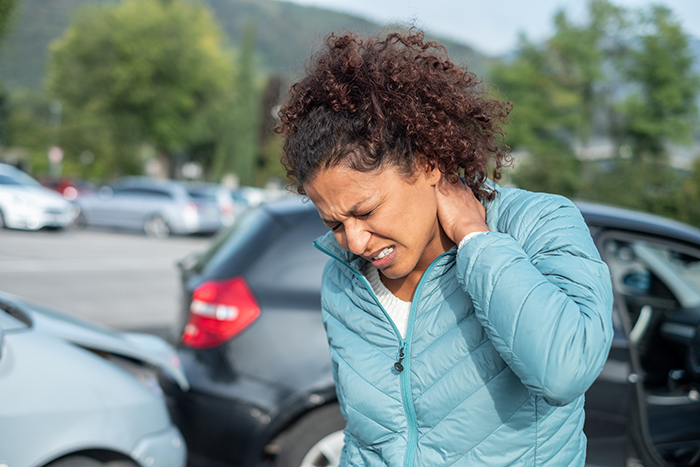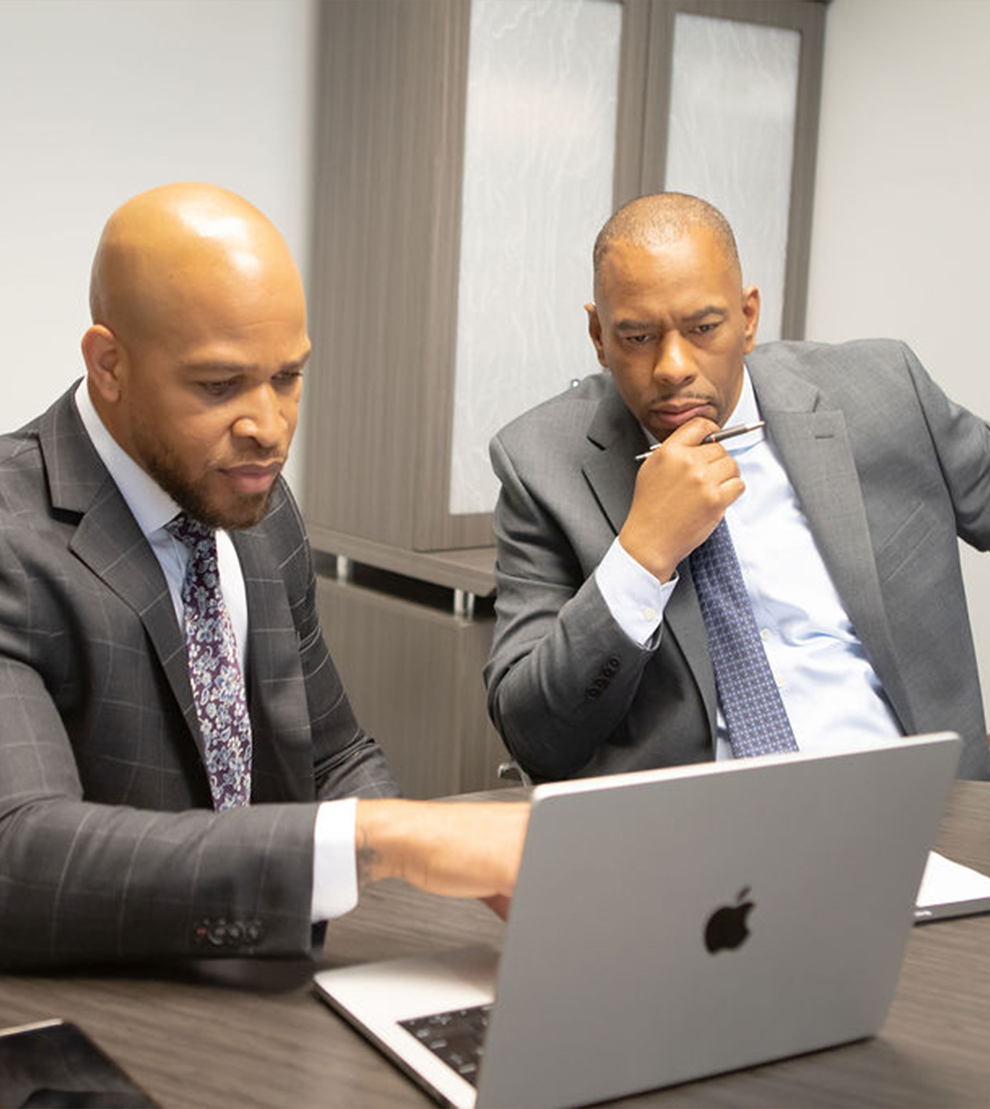
Car accidents are more than just a physical jolt—they can turn your world upside down, leaving you disoriented and unsure of what to do next. Whether it’s a minor fender-bender or a more serious crash, knowing the steps to take can significantly impact the outcome of your situation. If you’re a private attorney client, understanding these steps is crucial. This guide offers insights and actions tailored to help you manage the aftermath effectively.
Stay Calm and Assess the Situation
When an accident occurs, the sudden shock can cloud your judgment. The first thing you must do is take a deep breath and stay calm. Panic can cause further complications, so maintaining composure is essential.
Once you’ve gathered yourself, quickly assess the situation. Check if you or your passengers are injured. If anyone is injured, phone emergency services immediately. Your health and safety should always come first.
Next, evaluate the environment around you. Is your car in a safe location? If it’s causing a hazard, such as blocking traffic, and it’s safe to move, pull over to the shoulder. Switching on your hazard lights can warn other drivers of the accident.
Ensure Safety and Alert Authorities
After ensuring that everyone is out of immediate danger, your next step is to call the police. It is important to obtain a police report for insurance claims and any legal proceedings that might follow. Be sure to cooperate with the officers and provide them with accurate information about what happened.
While waiting for the police to arrive, it’s important to keep your safety in mind. Stay inside your vehicle if it’s safe, especially on busy highways where there is a risk of getting hit by passing cars.
Finally, use cones, flares, or warning triangles if you have them in your emergency kit. These can help alert other drivers of your presence and prevent additional accidents.
Document the Scene with Photographs
Documenting the scene of the accident is crucial. Take as many photos as possible from different angles. Capture the damage to your vehicle as well as the other parties involved. Photographs can serve as vital evidence when dealing with insurance companies or legal matters.
Include shots of the surrounding area, such as traffic signs, road conditions, and any relevant landmarks. These details can provide context to the event and can be useful in describing the accident in reports.
In addition to pictures, jot down notes about what happened, including the time, weather conditions, and any conversations you had with the other driver. This information can help you recall details accurately later.
Exchange Information with Other Parties
Interacting with the other driver can be stressful, but it’s a necessary step. Politely exchange contact and insurance information with all parties involved. Make sure to collect names, phone numbers, addresses, insurance policy numbers, and license plate numbers.
While speaking with the other driver, avoid discussing fault or apologizing, as this can be construed as admission of liability. Keep the conversation focused on exchanging facts.
If there are any witnesses, gather their contact information too. Independent accounts can be incredibly helpful in corroborating your version of events.
Seek Medical Attention Promptly
Even if you feel that you are not injured, it’s important to seek medical attention as soon as possible after an accident. Some injuries might not be immediately apparent due to the rush of adrenaline. A medical professional can identify these hidden injuries and provide the necessary treatment.
Keep records of all medical visits, treatments, and expenses. These documents are critical in case you need to file a personal injury claim.
Following your doctor’s advice is equally important. Adhering to prescribed treatments not only aids your recovery but also demonstrates your commitment to getting better, which can be beneficial in legal proceedings.
Consult a Legal Professional
Consulting with a legal professional can be invaluable after a car accident, especially if you’re a private attorney client. An experienced attorney can guide you through the complexities of the legal process and protect your interests.
An attorney can help you understand your rights, assess the situation, and determine the best course of action. They can negotiate with insurance companies on your behalf and ensure you receive fair compensation.
Understand Your Rights and Obligations
Understanding your legal rights and obligations following an accident is essential. Your rights may include compensation for damages, medical expenses, lost wages, and pain and suffering. An attorney can help clarify these rights and guide you in exercising them.
Conversely, you also have obligations, such as reporting the accident to the authorities and cooperating with your insurance company. Failing to meet these obligations could negatively impact your case.
Maintain Open Communication with Your Attorney
Open communication with your attorney is paramount. Keep them updated on any developments, medical treatments, or interactions related to the accident. Promptly provide any documents or information they may require.
Your attorney is there to advocate for you, so being forthcoming and honest is in your best interest. They can’t protect your interests effectively without complete and accurate information.
Consider Emotional Support
Car accidents can be traumatic experiences, impacting not only your physical well-being but also your emotional health. Don’t underestimate the importance of seeking emotional support if needed.
Consider speaking with a therapist or counselor to cope with any anxiety, stress, or trauma stemming from the accident. They can provide valuable tools and strategies to help you process and overcome these emotions.
Plan for Vehicle Repairs or Replacement
After the dust has settled, you may need to address repairs or replacement of your vehicle. Gather repair estimates from reputable mechanics or body shops. Compare quotes to ensure you receive fair pricing for the needed work.
Your insurance company may have preferred vendors, so consult with them to determine your options. They may cover a rental car if your vehicle is out of commission temporarily.
Keep detailed records of all repair-related expenses. These documents can be necessary for reimbursement or to ensure you’re compensated appropriately.
Moving Forward After a Car Accident
Recovering from a car accident is a process that requires patience, diligence, and informed decision-making. By following these steps, you’ll be better equipped to handle the aftermath and protect your interests.
Remember, you’re not alone—legal professionals, medical experts, and support networks are here to help you through this challenging time. Prioritize your well-being, stay proactive, and take advantage of available resources.






